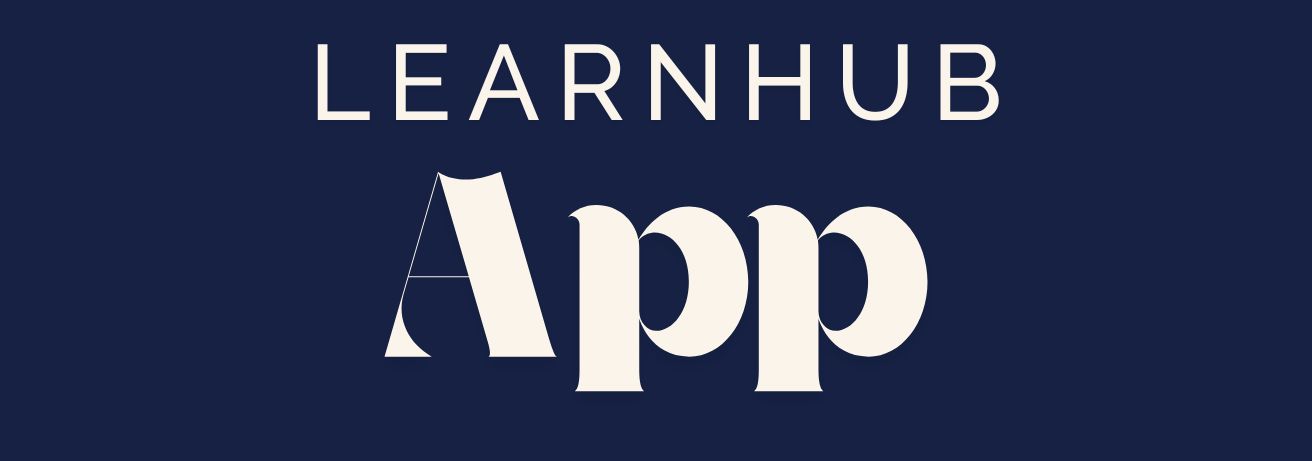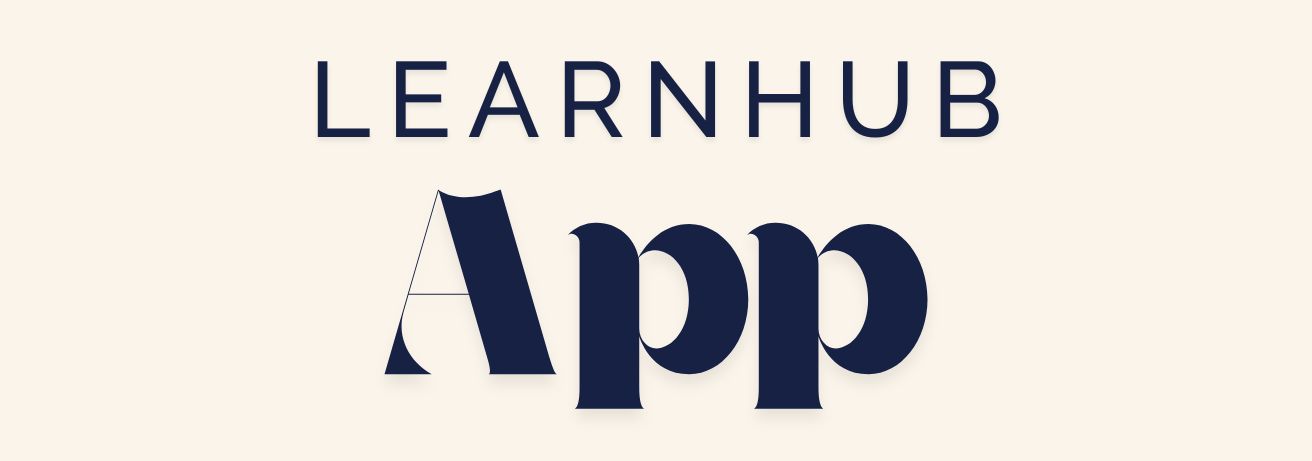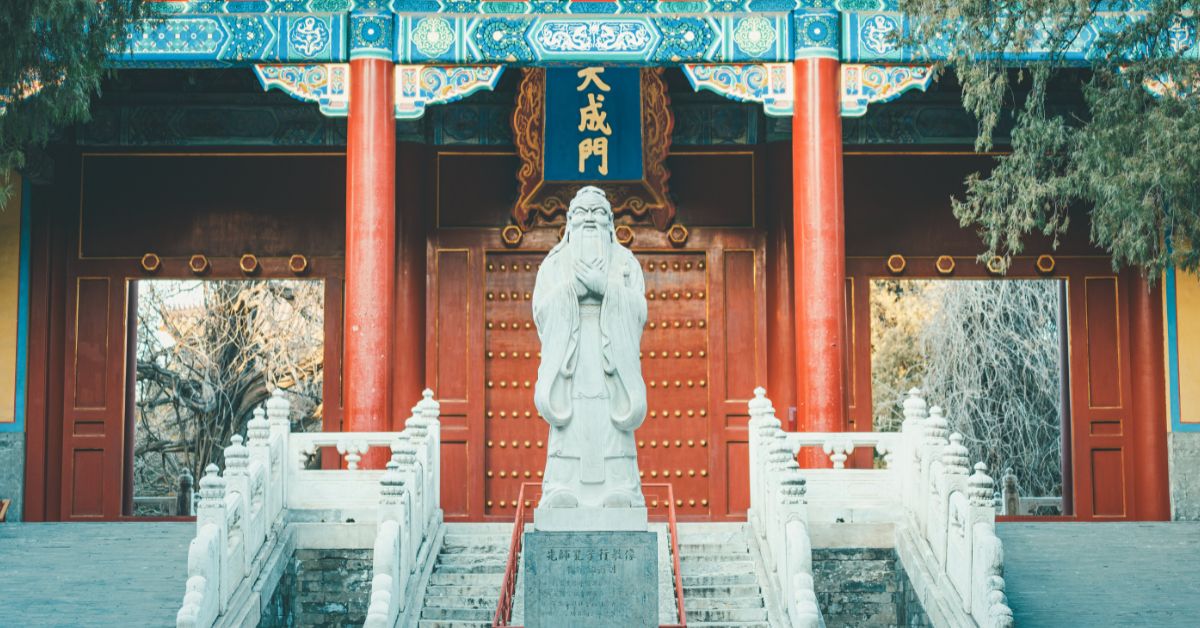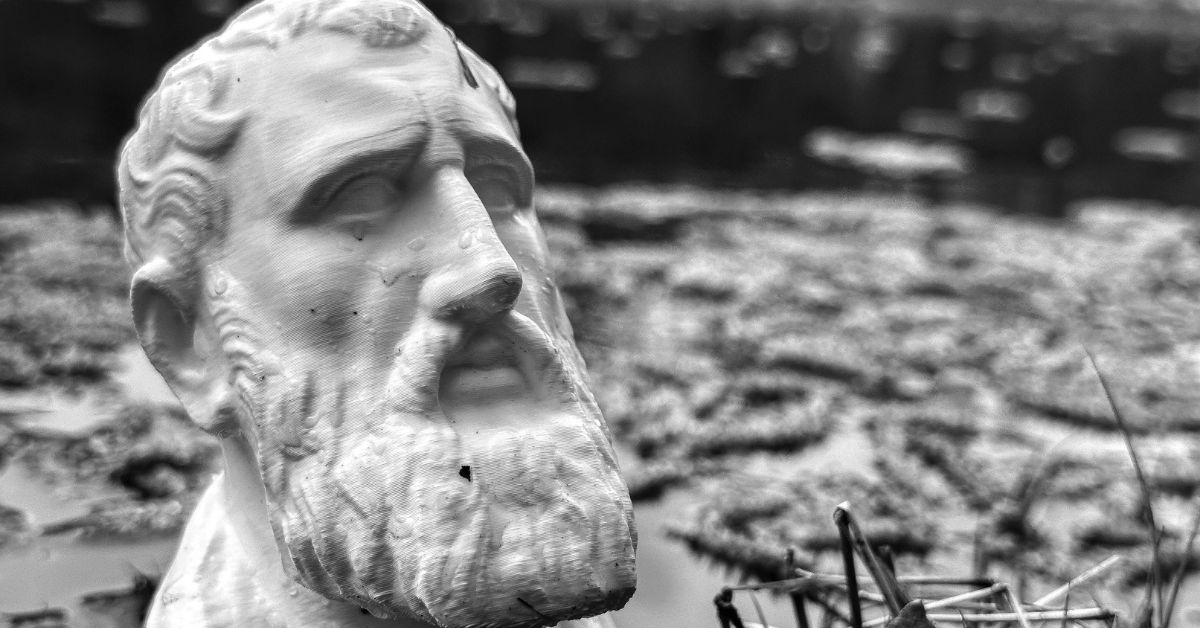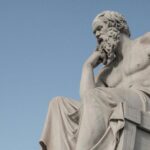Outline:
- The Emperor Who Looked Inward
- What Is Stoicism? A Philosophy of Strength and Clarity
- Marcus Aurelius: Wisdom Written in the Margins
- Endurance, Not Escape: Turning Suffering Into Strength
- Inner Citadels: Building Mental Fortitude in Daily Life
- Stillness Amid the Fire
- FAQs
The Emperor Who Looked Inward
Imagine ruling over one of the greatest empires in history, commanding legions and navigating the vast machinery of Roman politics—yet beginning your day in silence, writing private reflections like a student, not a sovereign. That was Marcus Aurelius.
His reign was marked by war, plague, betrayal, and grief. And yet, in the quiet moments before dawn, he returned to his journal—not to record events, but to steady himself. “You have power over your mind—not outside events. Realize this, and you will find strength.” These words, written not for others but for himself, became the cornerstone of a life led with discipline, humility, and inner clarity.
His legacy isn’t one of conquest, but of control—not over others, but over the self. In our chaotic and fast-moving world, Marcus offers something rare and vital: a philosophy for keeping our footing, even when the ground shakes.
What Is Stoicism? A Philosophy of Strength and Clarity
Stoicism isn’t emotional suppression—it’s emotional mastery. At its heart lies one central truth: we cannot control what happens, only how we respond.
Developed in ancient Greece and refined in Rome, Stoicism teaches that virtue—character, wisdom, courage, justice, and self-control—is the only true good. Everything else—money, health, reputation, even life itself—is indifferent. Not meaningless, but outside our control.
This is a radical proposition in any age, but especially in ours—where success is often measured in clicks, followers, and possessions. The Stoic path invites us to shift our gaze inward. To ask not “What do I have?” but “Who am I, when the world falls apart?”
Marcus Aurelius: Wisdom Written in the Margins
The Meditations of Marcus Aurelius are not grand philosophical treatises—they are fragments of personal struggle. Written while leading armies and losing loved ones, they reflect a man trying to stay anchored amid chaos.
He reminds himself not to be angry when others are unjust: “They do wrong because they don’t know what’s right.”
He urges himself to live each day as if it were his last: “You could leave life right now. Let that determine what you do and say and think.”
He returns, again and again, to the discipline of perspective. What matters is not what happens to us, but the meaning we assign it.
There’s something deeply modern about Marcus’s words. In a time of information overload and emotional reactivity, he offers a model of reflective resilience—a way to move through life without being consumed by it.
Endurance, Not Escape: Turning Suffering Into Strength
We all suffer. Stoicism does not pretend otherwise. Instead, it asks: What will you do with your suffering?
Modern psychology aligns with this. Viktor Frankl, a Holocaust survivor and psychiatrist, argued that humans are not destroyed by suffering, but by suffering without meaning. Similarly, cognitive behavioral therapy (CBT)—one of the most effective forms of psychotherapy today—draws heavily from Stoic principles. It teaches that our thoughts shape our emotional world, and by examining them, we can reframe our experience.
Marcus wrote during times of immense personal loss. But rather than collapse, he deepened his practice. Pain, he believed, is part of the human contract. It is not the enemy. Attachment to comfort is.
He didn’t seek to escape suffering—but to endure it with dignity.
Inner Citadels: Building Mental Fortitude in Daily Life
In one passage, Marcus writes of an “inner citadel”—a fortress within the soul that remains untouched by the noise of the outside world. This metaphor is as useful today as it was then.
Your inner citadel is built not in moments of ease, but in daily discipline:
- Begin each day with intention, not impulse. Ask: “What kind of person do I want to be, regardless of what happens?”
- Pause before reaction. Stoicism teaches us to insert space between stimulus and response. In that space lies freedom.
- Reflect nightly, as Marcus did. What did I do well? Where did I fail to live according to my values? This isn’t self-judgment. It’s self-clarity.
Even in traffic, in meetings, in heartbreak—especially there—you can choose how to show up. That choice is the Stoic path.
Stillness Amid the Fire
In a world addicted to speed, outrage, and validation, the Stoic path feels almost rebellious. It asks us to slow down. To observe. To think before reacting. To separate what is essential from what is noise.
Marcus Aurelius ruled the Roman Empire, but his true legacy lies in the empire he built within—an empire of integrity, reflection, and steadiness. His life reminds us that true power is quiet. It does not shout. It does not dominate. It holds steady.
You don’t need to be a philosopher to walk the Stoic path. You need only the courage to look inward, the humility to examine your thoughts, and the discipline to return—again and again—to what matters most.
In a noisy, unpredictable world, that is a radical act. And perhaps, the beginning of wisdom.
FAQs
Is Stoicism about suppressing emotions?
No. Stoicism teaches us not to be ruled by our emotions, but to understand and respond to them wisely. Emotions are natural; how we interpret and act on them is where freedom lies.
Can Stoic principles help with anxiety?
Yes. Techniques such as reframing thoughts, focusing on what’s within our control, and building perspective are foundational to both Stoicism and modern cognitive behavioral therapy.
How do I begin practicing Stoicism today?Start small. Read a page of Meditations. Pause before you react. Keep a nightly journal. Ask yourself: “Is this within my control?” The practice is simple—but the impact is profound.
